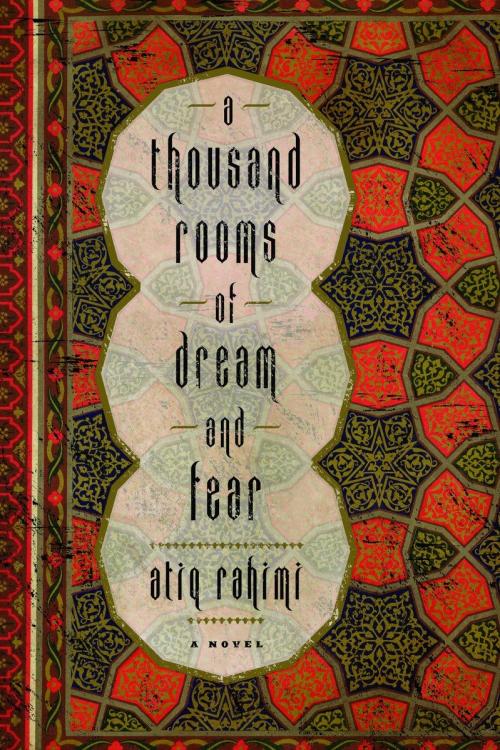“The language has the rhythm of a Sufi prayer; the novel offers an insight into the deepest fears of the people of Afghanistan.”—Los Angeles Times
“That sense of losing one’s identity, of being subsumed by a greater, if illogical, power, is a key theme in Atiq Rahimi’s taut, layered novel…A Thousand Rooms of Dream and Fear is the intimate narrative…of an entire desperate, anguished country.” —Washington Post
“An intensely intimate portrait of a man (and by extension his country) questioning reality and the limits of the possible…full of elegant evocations…A Thousand Rooms of Dream and Fear resonates deeply because, no doubt, Rahimi has written a true and sad account, but the story could easily be that of any other Afghan, of any other denizen of this modern, anarchic state. In the end, we are left to wonder whether Rahimi has presented us with a story, a dream, or a nightmare, though it is likely all three.”—Words Without Borders
“Rahimi’s tale of confused nationality, indiscriminate punishment, desperate survival, and no clear way to safety depicts decades-old events, but it feels especially poignant amid the US-led war in Afghanistan that’s spanned the greater part of the past decade.” —Flavorwire
“An original and utterly personal account of the pressures a totalitarian society exerts on the individual in 1979 Afghanistan, before the Soviet invasion… A flawless translation does justice to Rahimi’s taut, highly calibrated prose.” —Publishers Weekly
“In prose that is spare and incisive, poetic and searing, prizewinning Afghani author Rahimi, who fled his native land in 1984, captures the distress of his people.”—Booklist, starred review
“Rahimi is an author known for his unflinching examination of his home country as much as the experimental styles in which he writes… A Thousand Rooms of Dream and Fear takes risks in its structure…But Rahimi’s carefully-controlled new novel exploits these uncertainties, joining the past to the present and legend with fact, creating an appropriately surreal narrative, one that rings through with truth.” —ForeWord Magazine
“A taut and brilliant burst of anguished prose….both a wonderful and a dreadful little book.” —The Guardian
“A beautiful piece of writing.” —Ruth Pavey, The Independent
“Short but powerful…The beauty of the language lends this work a haunting clarity.” —The Herald
“The novella is verbal photography…[it] seems the real thing…seamlessly translated.” —Russell Celyn Jones, The London Times

